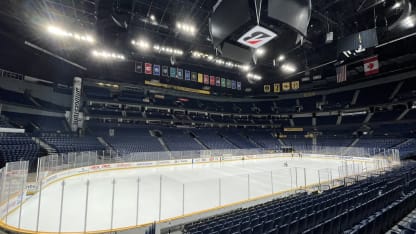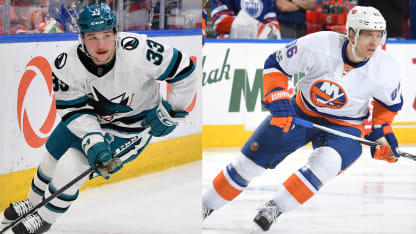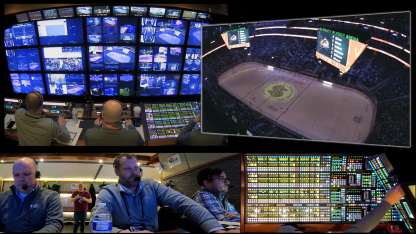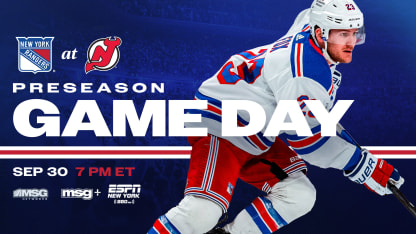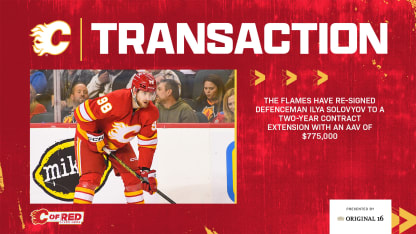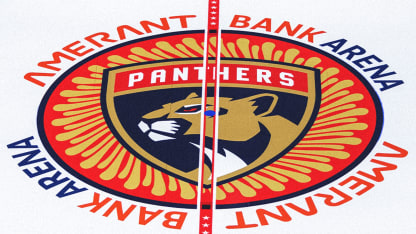‘Fuhr’ Thing: Details of a Winning Culture
‘Fuhr’ Thing: Details of a Winning Culture
First-ballot Hall of Famer Grant Fuhr knows a winning culture when he lived one (in Edmonton) and sees one (Coachella Valley). His take on how hockey teams prosper
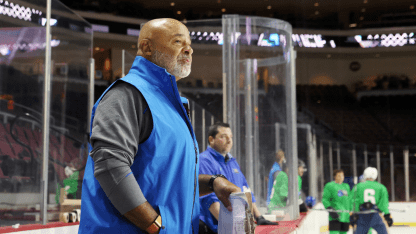
When Hockey Hall of Famer and Coachella Valley Firebirds broadcaster Grant Fuhr sat for an interview with Kraken radio personality Everett Fitzhugh during the American Hockey League’s Calder Cup Final, it was natural to think about the throughline from Fuhr being the first Black NHL player to win a Stanley Cup – he was in goal for four championship clinchers during his storied career with the Edmonton Oilers – to Fitzhugh debuting as the league’s first-ever Black play-by-play announcer during the inaugural 2021-22 NHL season. It was equally natural for Fuhr, in conversation with Fitzhugh, to promptly talk about winning culture in hockey.
“There’s nothing better than winning,” said Fuhr, when asked about what it felt like in the Oilers locker room after winning a first Stanley Cup exactly three decades ago. “That’s the ultimate goal at the start of the year. The guys put their heart and soul into it. When you pour everything you have into it, it just makes winning that much more special. The party afterward is not bad either.”
The NHL’s first-ever Black goaltender settled in Palm Desert 15 years ago to lead a rejuvenation of the local Desert Dunes golf course (Robert Trent Jones-designed if you are a golf aficionado) as director of golf. His charitable celebrity golf invitational tournament every spring has become a major event in the Valley.
Fuhr smiled broadly when Fitzhugh followed up on those Edmonton Cup years, which included four Cup wins in five seasons between 1984 and 1988.
“We were a close-knit team, a family when we traveled,” said Fuhr. “When we went out [during road trips], we went out as a group. We did everything as a group, which makes it special when you win.”
Fuhr’s on-air work alongside up-and-coming Firebirds play-by-play man Evan Pivnick has afforded him an extensive study of what has vaulted Coachella Valley to two Western Conference championships in its first two years as an American Hockey League franchise. He likes what he sees, both behind the bench and on the ice.
“It starts with coaching,” said Fuhr, referring to recently promoted Dan Bylsma, now head coach of the Kraken. “Dan’s got a really good instinct for starting a winning culture. The guys have bought into it. In the first year, he had a largely veteran club, which makes it easier on selling your players. The young guys this season have taken the veterans’ lead. There’s a full buy-in.”
“I think Dan was the same in Pittsburgh [when the Penguins won the Stanley Cup after Bylsma’s midseason call-up from AHL Scranton/Wilkes-Barre]. It was the same in Buffalo. He’s a player’s coach. The guys like playing for him. He keeps it light, keeps it entertaining. But at the same time, he demands a strong work ethic.”
Broadcaster for the Kraken AHL affiliate and Hockey Hall of Fame goaltender Grant Fuhr talks about the buy-in to developing a winning culture.
Fuhr was especially impressed this past season with the rising development of several Kraken prospects, including Shane Wright, Ryan Winterton, Logan Morrison, Ville Ottavainen and Jacob Melanson, plus impressive AHL playoff debuts from Jani Nyman and Lleyton Roed. The group, five draft choices and two undrafted free agent, signees, helped convert the Firebirds from the oldest team in the AHL during 2022-23 (mostly because 2021 draft choices weren’t eligible for the AHL) to the 20th oldest this past year.
“You look at Shane’s development,” said Fuhr. “When he first got here [in time for a long run in the 2023 Calder Cup playoffs], he was an offensive talent, no question. But needed a little tightening up on the 200-foot game issue. He has been phenomenal on both ends of the ice. That’s part coaching, and a lot of that is Shane buying into it.”
At this stage of development with younger players, there’s a balance and fine line between teaching and coaching to win. A big part of the psychology of coaching is what makes an individual [prospect] tick. You try to figure that out. You want them to do the work every day. But they don’t always want to do it every day. The difference between playing here [AHL as the player’s top pro level] and playing the National Hockey League is being able to do it every day.”
Thanks to adroit team signings over the first two seasons by Kraken GM Ron Francis and Firebirds vice president of hockey operations Troy Bodie, CVF prospects have all sorts of role models for comportment on the ice, in the training room, following nutrition plans and know how a pro pursues his hockey dreams in the offseason too. Some examples: Melanson, a 2021 fifth-rounder, openly talks about wanting to be the type of NHL hard-nosed contributor with an added scoring touch that forward John Hayden has proved to be.
Breakout forward Winterton (22 goals during the regular season and five scores in the six-game Calder Cup Final) and free agent Morrison (impressive during four appearances with the Kraken and a 41-points producer for CVF) both noticed the willingness of Hayden, team captain Max McCormick and Firebirds leading scorer Kole Lind to get net-front and bear the physicality that goes with it.
“You have to have success here [in the AHL] first,” said Fuhr, adding that only the most elite players go straight from juniors or NCAA. “You look at what [the young prospects] contribute here. Then you watch when they go up and play games in Seattle. They bring the same work ethic. They do the little things right, the hard plays around the boards, whether they take the body. They’ve all learned the proper way.”
The team’s hard work mentality and winning ways have resoundingly turned Coachella Valley into a hockey town, or, well, hockey towns plural.
“The team has given everybody here something to buy into,” said Fuhr. “The same goes for the job the Firebirds staff has done with marketing the franchise through the county. You have nine cities to please here. The fact they’ve gone out to the nine cities and made each town feel their own, that’s a great job … Yes, we’ve got Canadians here all winter long [typically returning north before the deep postseason runs have fully unfurled]. But we have found out the locals have bought into it and that’s why the building’s been full in the playoffs and finals the last two springs.”
The next chapter of Kraken hockey starts now, be part of it. Season Ticket Memberships are available.

